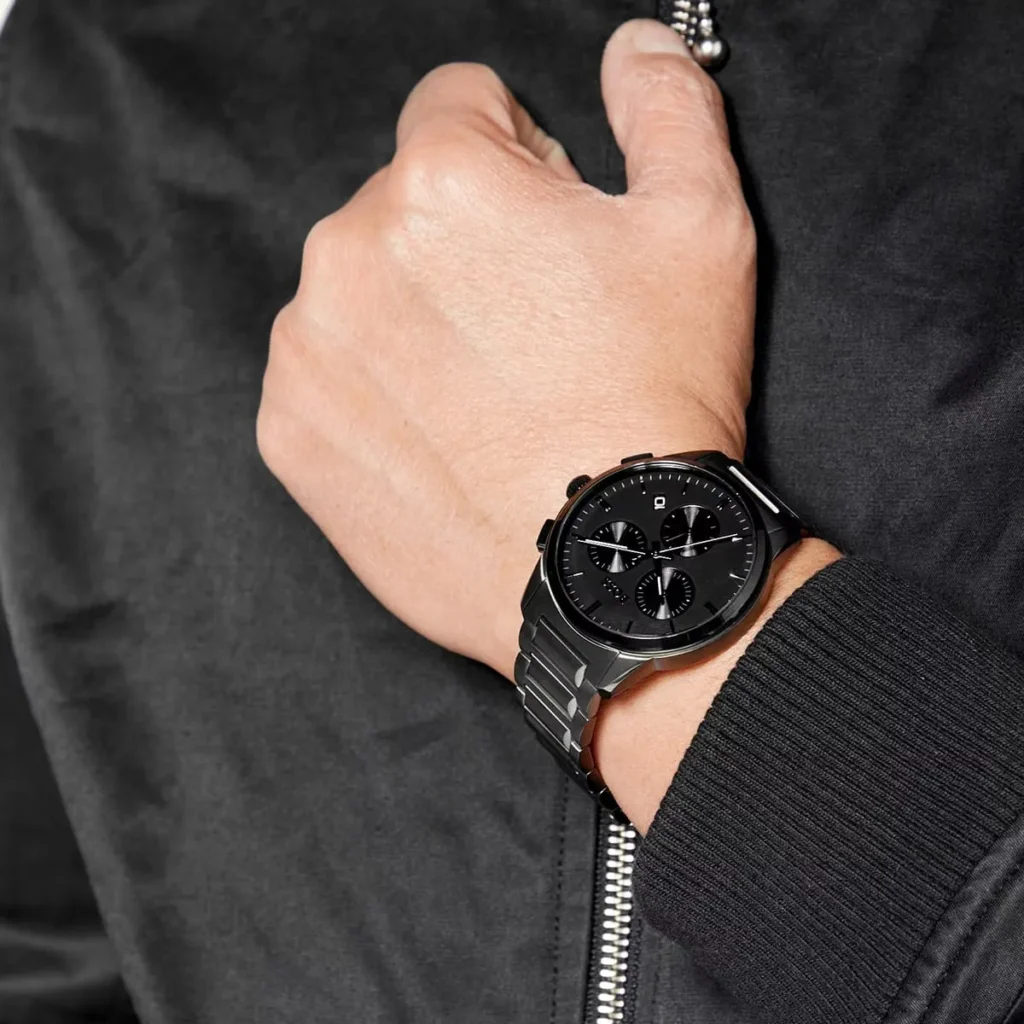Explore the truth behind the brand’s decision to exit the watch market and the factors that led to this significant shift.
The History of Burberry Brand

Burberry, famed for its luxury clothes and accessories, created changes when it chose to quit making watches. In the 1990s, the British design house—known for its trench coats and signature check patterns—entered the watch business. But after over twenty years, it stopped making watches. Let’s explore the main causes of Burberry’s departure from the watch business.
Establishing Basic Skills as a Priority

One of the main reasons Burberry stopped making watches, although a profitable business didn’t align with the company’s heritage of British craftsmanship and luxury. The company made the decision to simplify its business processes and concentrate on producing premium clothing, purses, and shoes—what it does best.
Luxury Watch Market Competition

The luxury watch market is highly competitive, with well-established Swiss brands like Rolex, Patek Philippe, and Omega dominating the space. Burberry struggled to compete with these heavyweights, which led to the brand’s decision to exit the market.
Audience Shift toward Smart watches

The popularity of smart watches caused a shift in buyer preferences away from traditional watches. These days, a lot of buyers were looking for watches with function, link, and technology in addition to looks. As a fashion company in particular, Burberry was ill-prepared to take on digital titans like Apple and Samsung.
That’s why Burberry stop watch making

Burberry’s decision to stop making watches was driven by the desire to focus on its core fashion offerings, respond to changing consumer demands, and streamline its operations for future success.
















